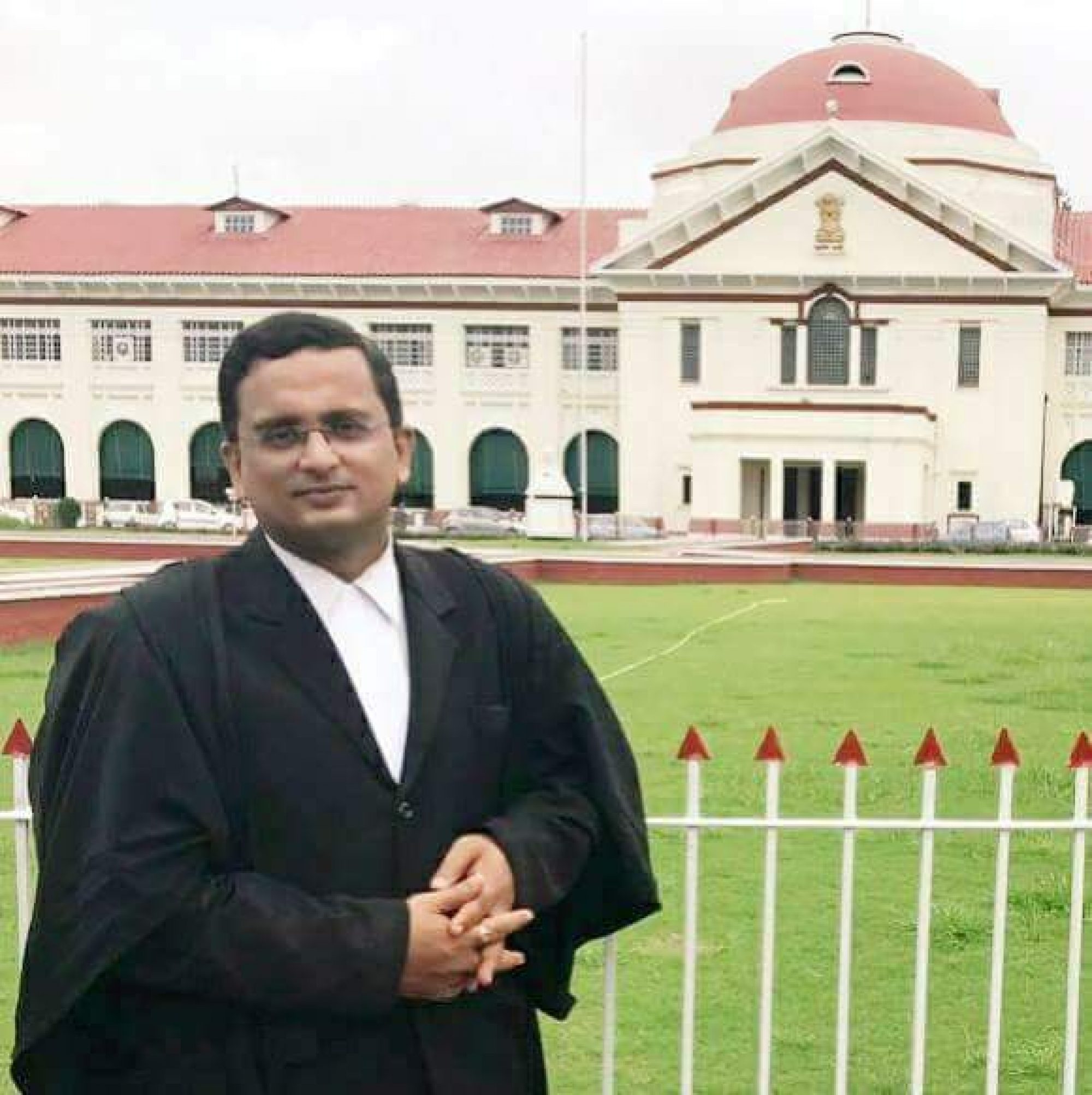
Reporting By: Amit Kashyap.
Transfer of Petition refers to transferring the case from one city to another or from one state to another. When the case has to be transferred within the state then the Transfer Petition is filed before the High Court. If the case has to be transferred from one state to another then the Transfer Petition should be filed before the Supreme Court as in such case Supreme Court has the power to transfer the case from one state to another.
Two types of Transfer Petitions that are filed in the Supreme Court:-
~Transfer Petition Civil: As the name suggests, when civil cases are sought to be transferred, it is called Transfer Petition Civil.
~Transfer Petition Criminal: As again as the name suggests, when Criminal cases are sought to be transferred, it is called Transfer Petition Criminal.
PROVISION OF TRANSFER OF PETITION UNDER CPC
In Civil matters Transfer petition in Supreme Court is entertained Under Section 25 of the Code of Civil Procedure the Hon’ble Supreme Court has the power to transfer any case, appeal of other proceedings from High Court or other civil court in one State to another state. Power to transfer the case from one state to another may be exercised by the Supreme Court if the court is satisfied that an order under this section is expedient for the ends of justice so require.
PROVISION OF TRANSFER OF PETITION UNDER CrPC.
In criminal cases under section 406 of Code of Criminal Procedure gives the power to Supreme Court to transfer cases and appeals, it may direct that any particular case or appeal be transferred from one High Court to another High Court or from a Criminal Court subordinate to one High Court to another Criminal Court equal or superior jurisdiction subordinate to another High Court. Under section 406 Supreme Court may act under this section only on the application of Attorney-General of India or of a party interested, and every such application shall be made by motion, which shall, except when the applicant is the Attorney-General of India or the Advocate-General of the State.
Irrespective of whatever is mentioned under CPC and CrPC, there are a few provisions mentioned in the Constitution of India which provide for direct transfer of a case from one court to another so as to do complete justice for the citizen and uphold the citizen’s right to justice as given under Article 21 of the Indian Constitution. These provisions are –
Article 32 – This is the Right to Constitutional Remedy whereby a person can move to the Supreme Court to enforce his/her rights. The SC issues writs to enforce any of the rights.
Article 136 – This deals with the special leave to appeal by the Supreme Court in which the SC can allow special leave to appeal any judgment or decree passed by any of the court or tribunal.
Article 142 – This Article allows the SC to do complete justice in any matter the Supreme Court derives overarching powers to perform the functions of Executive and legislative to bring about complete justice.
Article 139A – This Article provides for the transfer of case by SC and transfer of the case from one High Court to another on the ground that it deals with the general question of law.
No concrete rules can be laid down for transfer of a case
At present time, many instances of political scandals and interference and the coming of whistle-blowers are increasing. These cases require justice to be safely delivered and even the courts have time and again held that the main basis of transferring the petitions has been the fair delivery of justice to people. In such cases, mere apprehension of the wrong or danger is not enough. Properly substantiated reasoning must be given or inferred. In many instances, a far-fetched connection with some political party or Judge or any small past encounter makes people go asking for the transfer of petitions. But the court has rejected such pleas many times. The court takes into account various things while deciding if it should grant the transfer or not. Thus, no concrete rules can be laid down for this, it all depends and varies from case to case and circumstances.
***********
